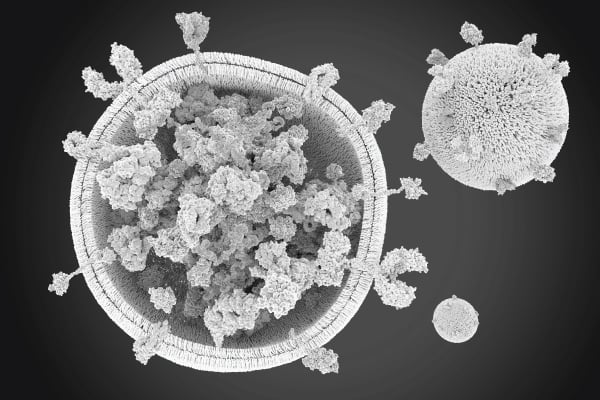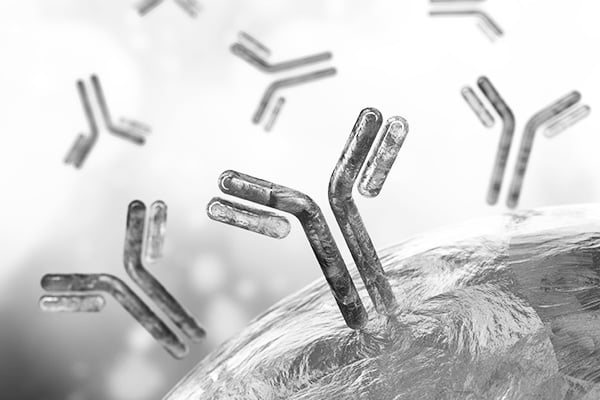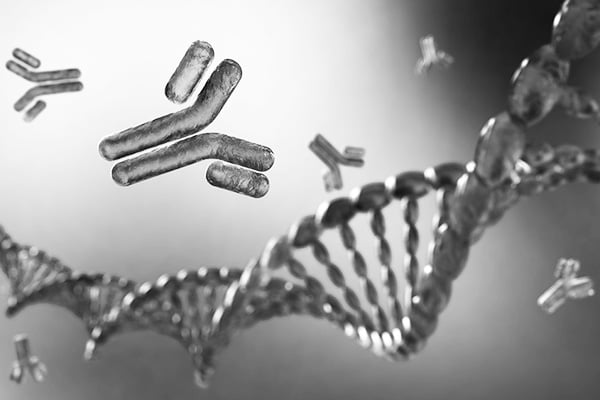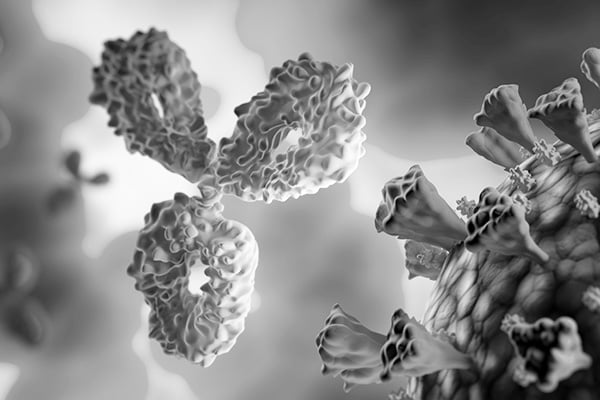Design and produce a vector for protein expression.

Biomek i-Series Automated Liquid Handler

Echo Acoustic Liquid Handlers
Transfect cells with a vector, integrating into genome.

Biomek i-Series Automated Liquid Handler

Vi-CELL BLU Cell Viability Analyzer

CytoFLEX SRT Benchtop Cell Sorter

CytoFLEX Flow Cytometer

Allegra V-15R benchtop centrifuge
Singly deposit clones into culture and image to verify monoclonality.

Biomek i-Series Automated Liquid Handler

Vi-CELL BLU Cell Viability Analyzer

CytoFLEX SRT Benchtop Cell Sorter
Test and select clones based on product analyses.

Vi-CELL BLU Cell Viability Analyzer

CytoFLEX Flow Cytometer

Vi-CELL MetaFLEX Bioanalyte Analyzer

Valita Titer Assays for IgG Quantification

Optima AUC

Cydem VT Automated Clone Screening System
Study for stable production across many generations.

Vi-CELL BLU Cell Viability Analyzer

Vi-CELL MetaFLEX Bioanalyte Analyzer

Valita Titer Assays for IgG Quantification

Optima Analytical Ultracentrifuge
Cryopreserve successful lines for future development.

Vi-CELL BLU Cell Viability Analyzer

Vi-CELL MetaFLEX Bioanalyte Analyzer

Allegra V-15R benchtop centrifuge
























